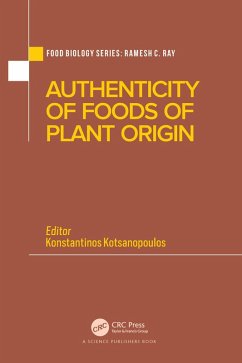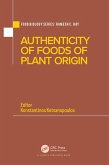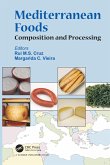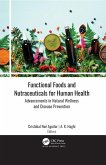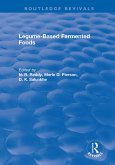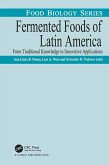Food is adulterated to increase profit or due to negligence. Adulteration can compromise food safety and quality, and harm consumers. This may undermine consumer trust and the reputation of the food industry. As such, it is very important to monitor, control and detect adulteration. A number of techniques have been developed for the authentication of food and verifying its quality and associated claims. Foods of plant origin are the source of nutrients for billions of people around the globe. Due to the huge variety of plants, and the lack of visual characteristics as a result of processing, advanced techniques are required to detect adulteration.
This book reviews the latest developments in the field of authenticity of foods of plant origin, examining concepts such as traceability, and how they are applied to facilitate the support of claims, as well as legislative requirements in the major economies around the world. The basic techniques used nowadays in verifying authenticity of these types of foods are reviewed and discussed, and their applications are summarized. The book also focuses on categories of foods most prone to adulteration attempts due to their characteristics, properties and production methods commonly followed, thus allowing the reader to more easily identify the chapter that is of interest in each case. The book will be of interest to food industrialists, chemists, quality control scientists and technologists, microbiologists, analytical chemists and food physical chemists within the food industry. It is also aimed at academicians who are interested in the authenticity of foods of plant origin and the advancements in the analytical fields that support relevant legal and marketing requirements.
This book reviews the latest developments in the field of authenticity of foods of plant origin, examining concepts such as traceability, and how they are applied to facilitate the support of claims, as well as legislative requirements in the major economies around the world. The basic techniques used nowadays in verifying authenticity of these types of foods are reviewed and discussed, and their applications are summarized. The book also focuses on categories of foods most prone to adulteration attempts due to their characteristics, properties and production methods commonly followed, thus allowing the reader to more easily identify the chapter that is of interest in each case. The book will be of interest to food industrialists, chemists, quality control scientists and technologists, microbiologists, analytical chemists and food physical chemists within the food industry. It is also aimed at academicians who are interested in the authenticity of foods of plant origin and the advancements in the analytical fields that support relevant legal and marketing requirements.
Dieser Download kann aus rechtlichen Gründen nur mit Rechnungsadresse in A, B, BG, CY, CZ, D, DK, EW, E, FIN, F, GR, HR, H, IRL, I, LT, L, LR, M, NL, PL, P, R, S, SLO, SK ausgeliefert werden.

